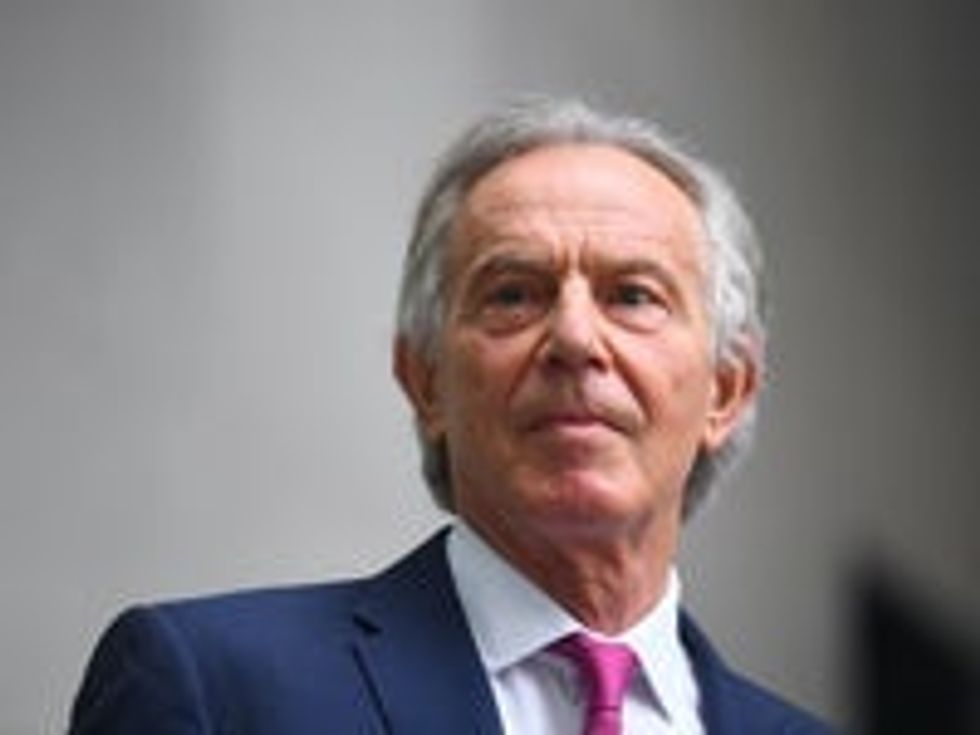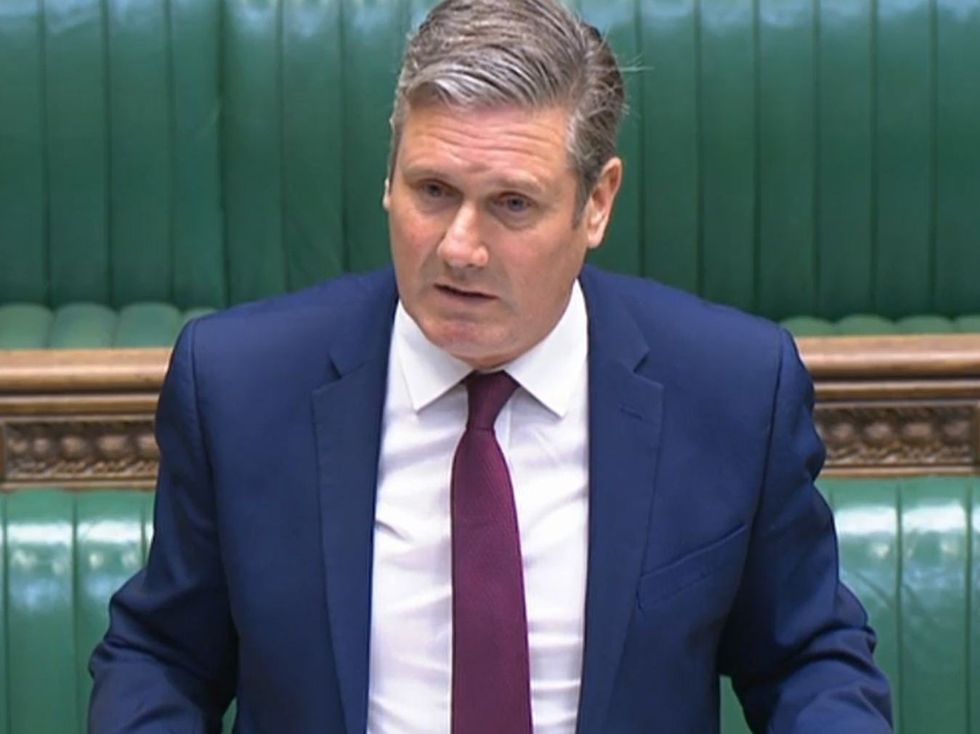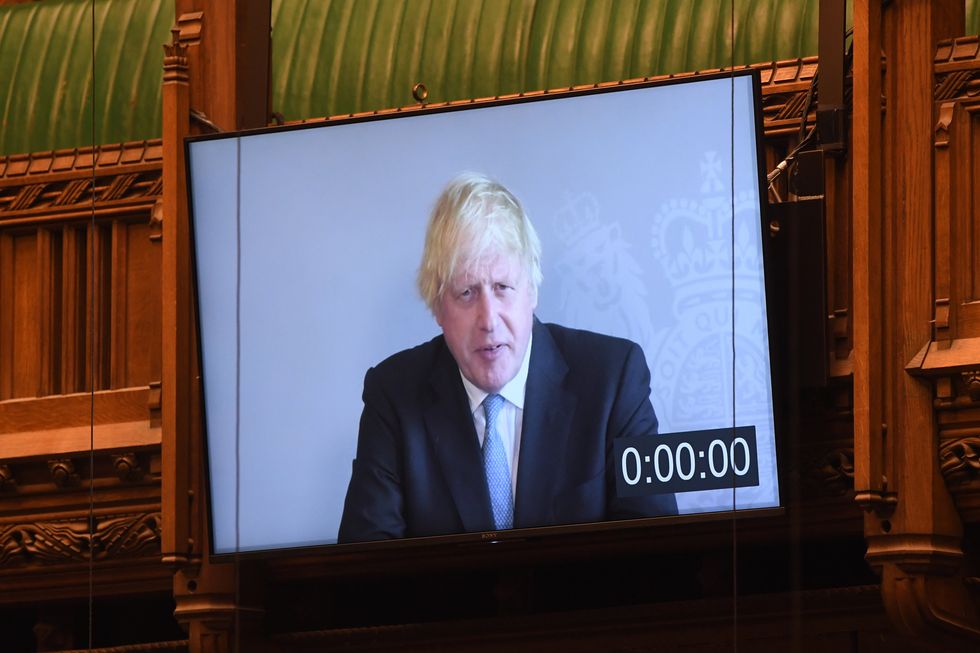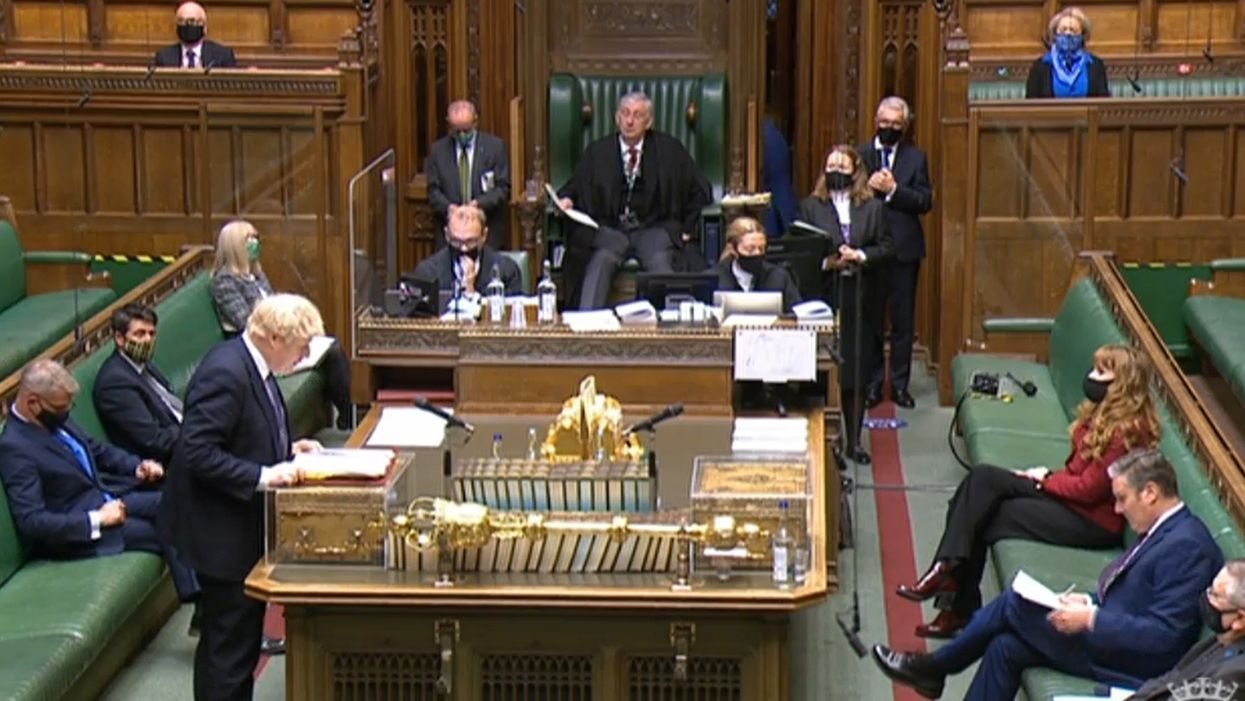Politics
Kate Plummer
Aug 05, 2021
Ah PMQS. Love it or hate it, over the last 60 years it has become a crucial date in the weekly political calendar.
Every week, the opposition leader asks a series of questions to the Prime Minister to hold them to account, or at least make them squirm. Every week, the spat generates headlines, often because one party has put their foot in it, or an argument has gone too far.
It’s no secret we are big fans of PMQs but how did this event come to be?
We’ve done the legwork.
When did it start?
In July 1961, the then Prime Minister Harold Macmillan was in the mood for some political conflict. That, or attention. Either way he started Prime Minister’s Questions as an experiment. It lasted for 15 minutes, took place twice a week and involved him answering three questions from all politicians which he could bounce to other ministers should he wish to.
It stuck and here we are 60 years later with the original jeers still reverberating around the chamber.
How has it changed?

In 1979, Margaret Thatcher became the Prime Minister and made sweeping reforms to the country. The most powerful reform, of course, was that the PM had to answer all questions asked at PMQs rather than sub in another minister.
Then, eleven years later, PMQs stared to be broadcast live as all parliament was televised to the lucky public, allowing the full weight of scrutiny to take effect.
PMQs ticked along nicely for the next few years until Tony Blair had his say. Rather than holding two shorter sessions a week, Blair opted for a chunky 30-minute sitting on a Wednesday and moved the time forward from an afternoon slump inducing 3pm to a pre-lunch 12pm fight.
Speaking to The Independent ahead of PMQs 50th anniversary in 2011, he said: “I became convinced that PMQs twice a week was an enormous amount of time for a debating tournament. Statements were very different and I made more of them than my predecessors. But once I changed it to once a week for half an hour, and then moved it to midday, not 3pm, it freed up an entire day and a half of time.”
He also doubled the number of questions the opposition leader could ask from three to six and this format has broadly remained since then.
What impact does it have on the public?
According to polling by YouGov, 86 per cent of the public have heard of PMQs, suggesting a good level of public engagement. However, only 29 per cent actively ‘like’ it and 24 per cent dislike it. A further 33 per cent hold a neutral opinion to it.
A spokesperson from the BBC confirmed the last session of parliament saw PMQ’s ratings at just under a million.
How do politicians prepare for PMQs?

In an interview with Matt Forde, the Labour leader Keir Starmer recently revealed he plans his questions on the day of PMQs. “Wednesday morning is when we do most of it,” he said.
We asked Johnson the same question but received radio silence, regrettably.
What tactics do politicians use?

Starmer believes he understands Boris Johnsons tactics well. Speaking to Forde, he added that it is possible to get a sense of someone by watching their “mannerisms”.
He implied Johnson lies, something his colleague Dawn Butler would agree with. He said:
“He deliberately gets it wrong and I look at him when I know he’s about to say something that isn’t quite right… just to see if his face is going to give it away but he does it shamelessly.”
He added that Johnson prepares a “big rant” for Starmer’s last question:
“Whatever the question is on question six, he’ll half answer it then go to a pre-prepared rant that he does every week.
“The reason he does that is it’s the only question I can’t get back up and answer it because that’s the end of my bit of PMQS”.
He added that as an opponent, he finds Johnson “very, very slippery.” Lovely.
Parliament is in recess as politicians enjoy their summer holiday but once it comes back in September, PMQs will do so too. We can’t wait.
Top 100
The Conversation (0)














